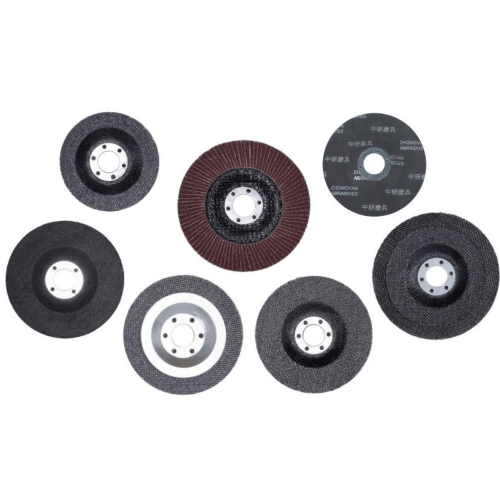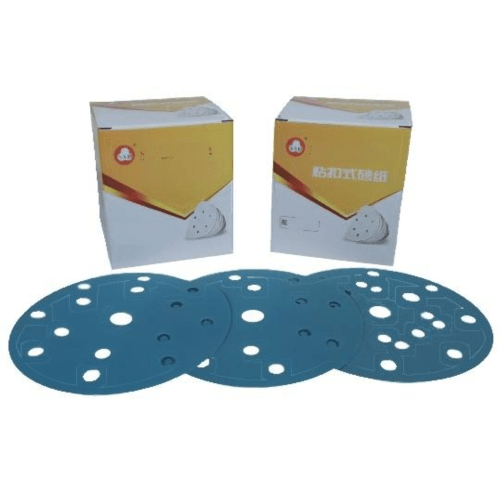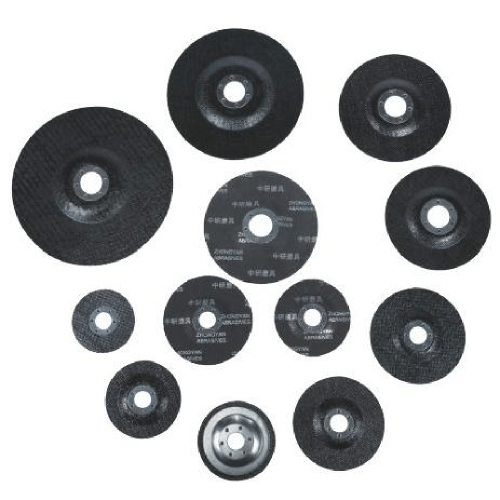wheel testing
Wheel testing represents a crucial quality control process in automotive and transportation industries, encompassing comprehensive evaluation procedures to ensure safety, performance, and durability of wheels. This sophisticated testing methodology employs state-of-the-art equipment and technologies to assess various wheel parameters including structural integrity, load-bearing capacity, and resistance to environmental factors. The testing process typically involves multiple stages, from initial dimensional analysis to advanced stress testing under simulated real-world conditions. Modern wheel testing facilities utilize computerized systems that can precisely measure and analyze factors such as radial and lateral runout, material composition verification, and impact resistance. These facilities often incorporate automated testing sequences that can simulate years of wear and stress in compressed timeframes, providing valuable data about long-term performance and reliability. The process also includes specialized equipment for conducting fatigue tests, which evaluate how wheels respond to repeated stress cycles, and advanced imaging systems that can detect microscopic flaws or inconsistencies in wheel construction. This comprehensive approach ensures that every wheel meets or exceeds industry standards and safety regulations, making wheel testing an indispensable component in the manufacturing and quality assurance process.


